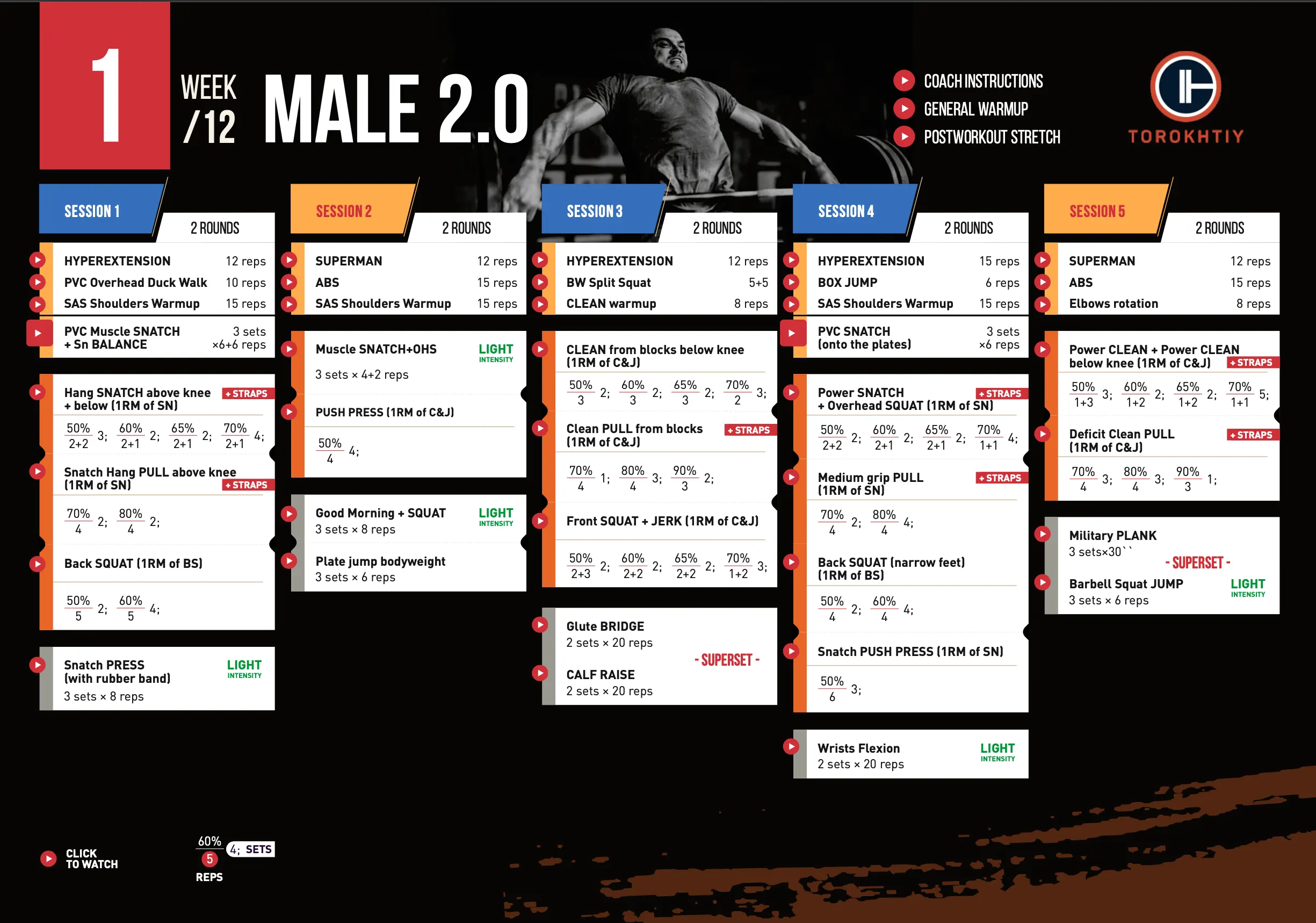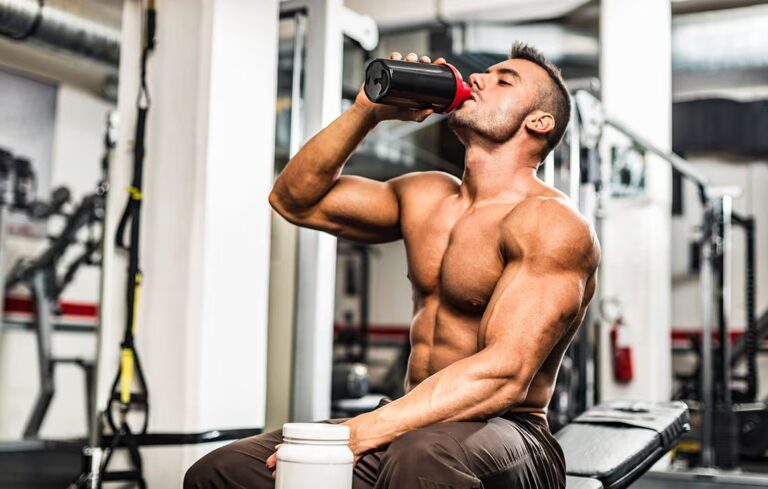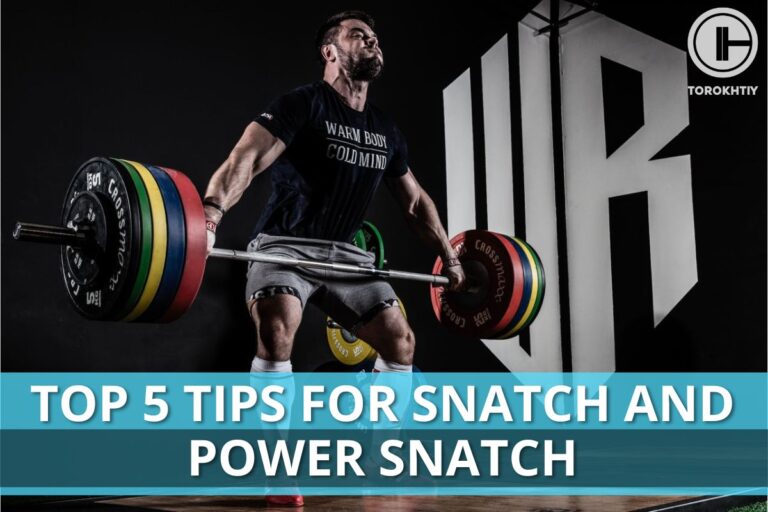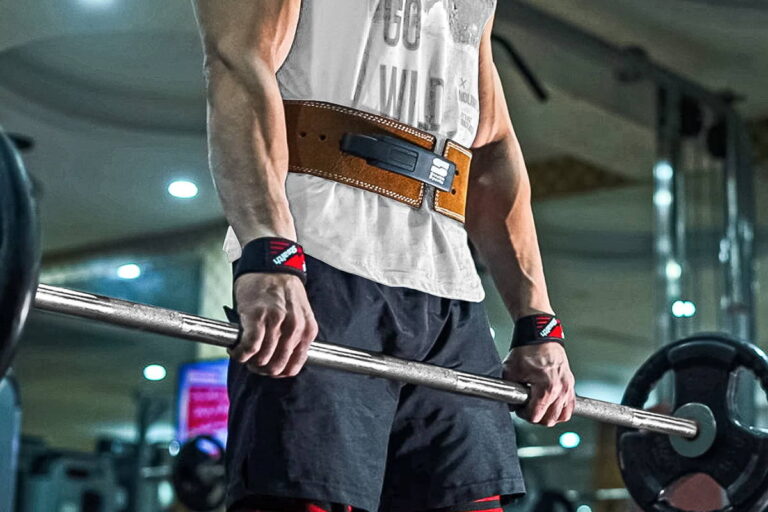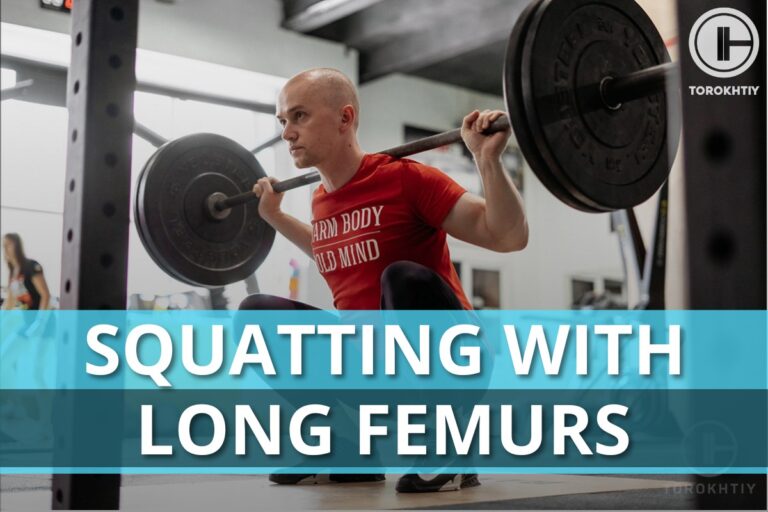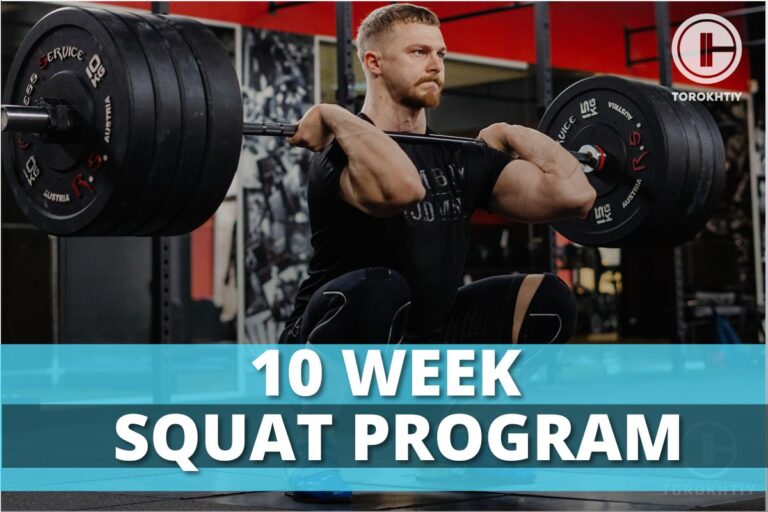Psychological Preparation
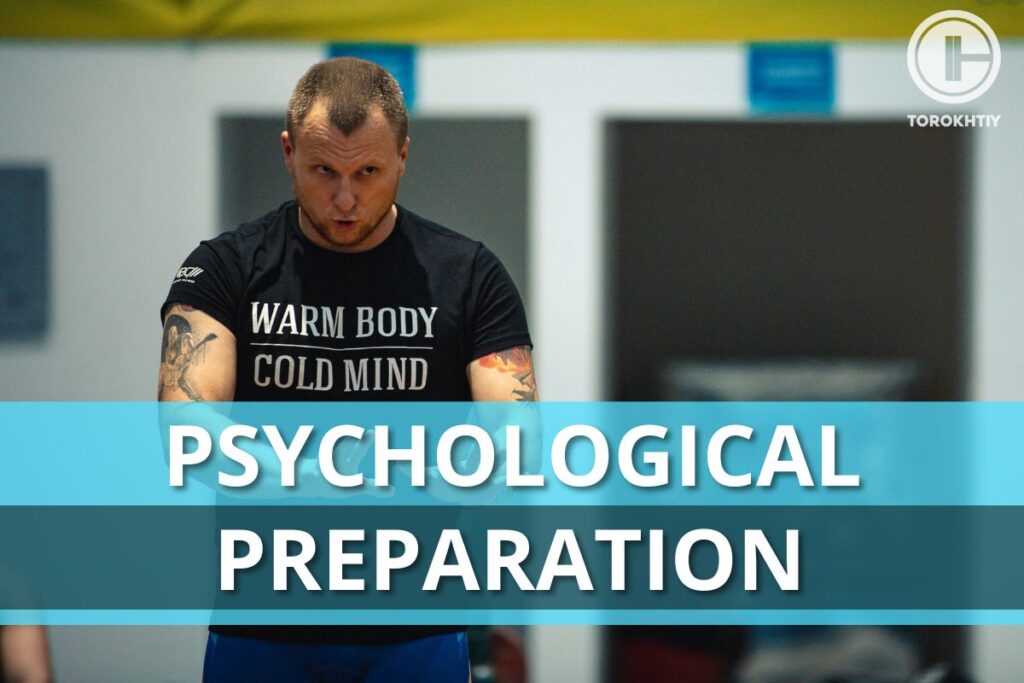
At a time when I was a young athlete, psychological preparation was a kind of mysterious and confusing part of the training process for me. Although, over the time, I realized that each of my coaches was constantly carrying out psychological and educational work with me. I just did not understand this and therefore did not notice, or rather did not pay attention.
The psychological preparation was absolutely invisible for me, because it was an integral part of my training and competitions, when the trainers were teaching and educating in me:
- Purposefulness. We always had a goal: either we worked to improve the technique, or the task was to show some specific result in kilograms, or we just moved towards the victory.
- Decisiveness and Courage. Yes, the trainer taught us to take risks, one of his favorite expressions was: ″cheek brings success‶, but at the same time he always said that ″the risk should be worth taking‶.
- Perseverance and Insistence. My coach Valeriy Nikulin said that ″difficulties are unavoidable on the way to the goal, you need to be ready for them and to overcome them”.
- Self-possession and Self-control. Only the fools do not have a sense of fear. To be in fear is normal, but it is important to be able to control your fears and make them your allies, not enemies.
Perhaps, there is the proficiency of a trainer in it ‒ to cultivate all of the above-mentioned qualities, so that the athlete is able to show his emotional stamina in the process of training and competitions. For this purpose, throughout the entire training period, a coach and a sports psychologist should conduct the constant work with the athlete in the following areas:
- Formation of motivation.
- Strong-willed training.
- Reaction improvement.
- Regulation of mental tension.
- Pre-start condition control.
Methods of training the athlete’s strong-willed qualities are different. One of the most effective method is the performance of the near-limit loads in the simplified or complicated conditions. For example, sometimes one can perform the 90% lifts at the beginning of the workout, when the athlete is full of strength so that he can feel more confidence. Or, on the contrary, one can complicate the task and plan the ″uncomfortable‶ exercise for him at the end of the training.
But the willpower is trained the best at the competitions. Indeed, out of two equally strong and technically trained athletes, the winner is the one, whose strong-willed qualities are better. And these qualities are trained in the process of fighting with strong opponents, as a result of failed attempts, injuries and zero marks. An athlete learns when he makes mistakes as well.
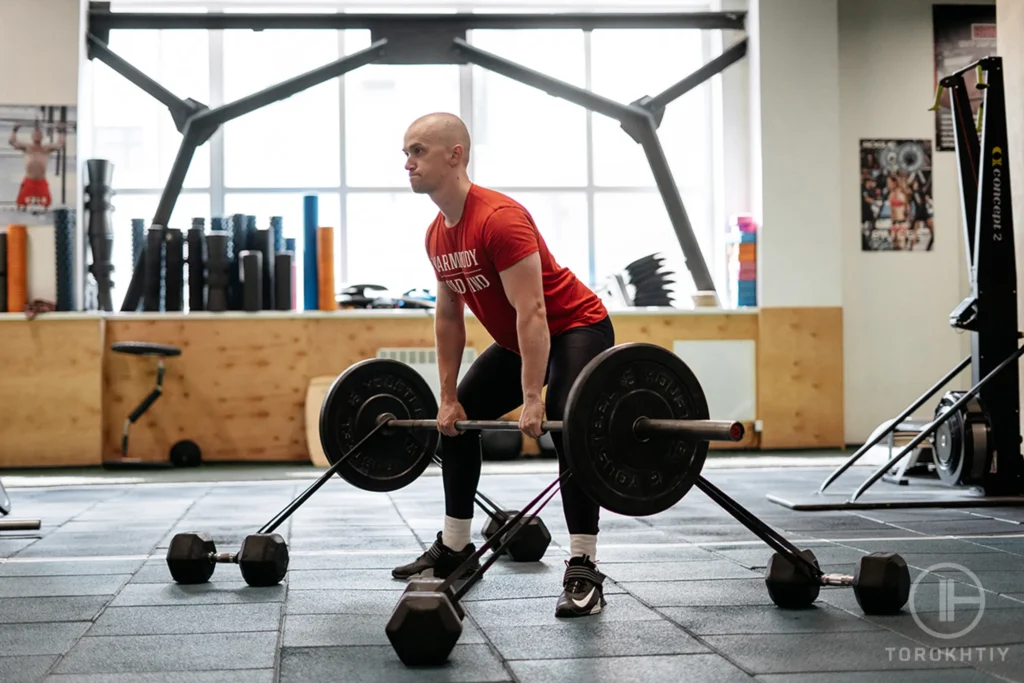
Since childhood, our coach taught us the ideomotor training. But at that time he simply asked us to imagine various moments and did not scare us with such clever words.:)) During the days of rest, we were engaged in visualization of the exercises according to a clearly defined scenario:
- It was mentally necessary to reproduce the exercise in your head technically correctly.
- Focus your attention on each element of the movement.
This really helped a lot in improving of understanding and performing the movement, because the innervation of the muscles in such exercises is the same as in the real-time exercises.
I did the same thing on the eve of the competition. Firstly, the day before the performance, I always came to the competition hall and went out to the platform to examine everything and understand how the area looks. Secondly, I went over almost every second of the performance in my head: going up the stairs, magnesia, coming out to the platform, the feeling of a bar’s knurl. In many years after my first coach taught me this, there was a film about neuropsychology, where I heard that our nervous system experiences less stress in the well-known conditions, and, accordingly, can be more productive.
It always remained a secret to me why before the competition our head coach of the national team gave the athletes absolutely different loads, sometimes they simply contradicted each other. The answer was that he made the ″introduction‶ for the performance, depending on the peculiarities of competitive preparedness of the nervous system of each individual athlete.
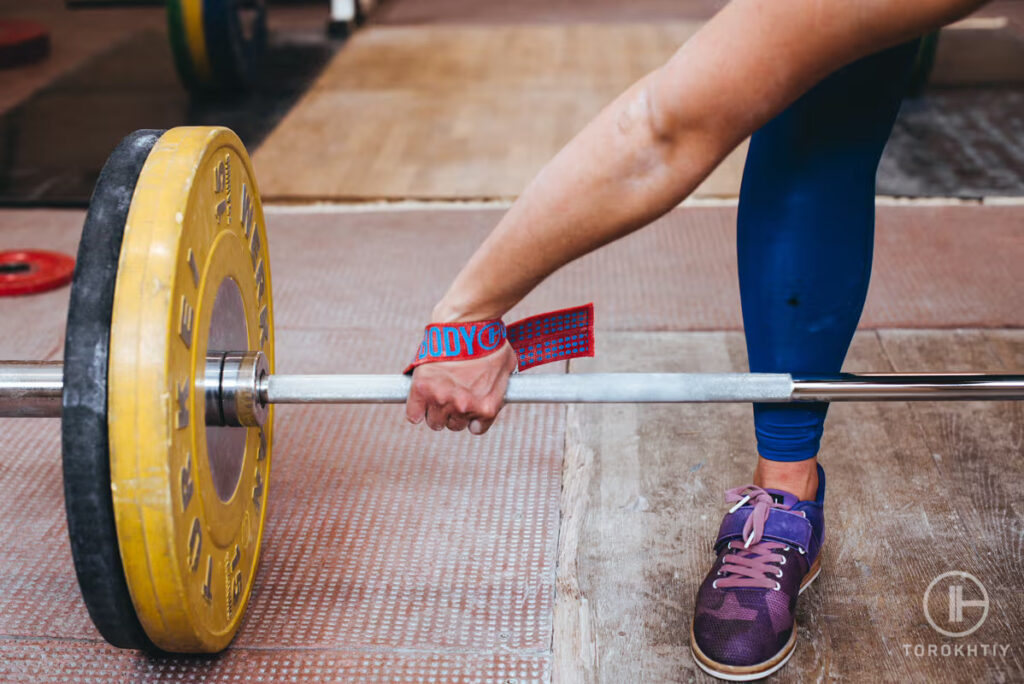
In total, there are four types of them:
- Lack of excitement.
- Optimal excitement.
- Overexcitement.
- Slowdown.
To manage this condition is possible not only due to the psychological influence, but also with the help of pre-competitive training loads. The athletes, tending to overexcitement, should not plan a snatch and jerk over 90% in the time of a week before the competition. And it will be appropriate for the athletes with a reduced emotional excitement to make several sets 1 time to a weight of 87-92% to stimulate the nervous system. The same applies to the nature of the pre-competitive workout.
🔻12-Week Olympic Weightlifting Program by Oleksiy Torokhtiy
Transform your strength and technique with our 12-week Olympic Lifting Program, made up of 5 sessions per week.
It is designed by Olympic Champion for athletes who are looking to set new personal records safely in Snatch or Clean & Jerk.
Program details:
- 12 weeks + 2 bonus weeks
- 45-120 minutes per session
- 50+ specific exercises/98 video instructions
- Primary focus on Olympics Lifts
- Full access to all training content
- Weekly video coach instructions
Start now and boost your weightlifting results!
An interesting fact: as a rule, the lower is the athlete’s level, the higher is the trainer’s authority for him. In this case, the coach can have more psychological influence on such athlete. High-level athletes mostly have respectful partnerships with their coach, in which the trainer usually dominates. For correct and effective control of the psychological state of an athlete, a coach should know not only his habits and desires, but also understand his worldview. In order to do this, a regular communication on topics, not related to sports, is needed.
And finally, I would like to say that one of the main trainer’s assistants in the process of each athlete’s education is a healthy and friendly team, that is, a sports team. The team affects the mental qualities formation of an individual athlete, helps in overcoming stressful situations, difficulties and failures, that arise both during trainings and competitions.
Train together – train right!
You might be interested in:
Why Trust Us?
With over 20 years in Olympic Weightlifting, our team does its best to provide the audience with ultimate support and meet the needs and requirements of advanced athletes and professional lifters, as well as people who strive to open new opportunities and develop their physical capabilities with us.
By trusting the recommendations of our certified experts in coaching, nutrition, dietology, and sports training programming, as well as scientific consultants, and physiotherapists, we provide you with thorough, well-considered, and scientifically proven content. All the information given in the articles concerning workout programming, separate exercises, and athletic performance, in general, is based on verified data. We ensure that you can rely on our professionals’ pieces of advice and recommendations that can be treated as personalized ones which will benefit you and fully meet your needs.
The product testing process is described in more detail here
Author: Sergii Putsov
Head of Sport Science, PhD
Best Results: Snatch – 165 kg,
C&J – 200 kg
Sergii Putsov, Ph.D., is a former professional weightlifter and National team member, achieving multiple medals in the 94 kg weight category at national competitions. With a Master’s degree in “Olympic & Professional Sport Training” and a Sport Science Ph.D. from the International Olympic Academy, Greece, Sergii now leads as the Head of Sport Science. He specializes in designing training programs, writing insightful blog articles, providing live commentary at international weightlifting events, and conducting educational seminars worldwide alongside Olympic weightlifting expert Oleksiy Torokhtiy.

